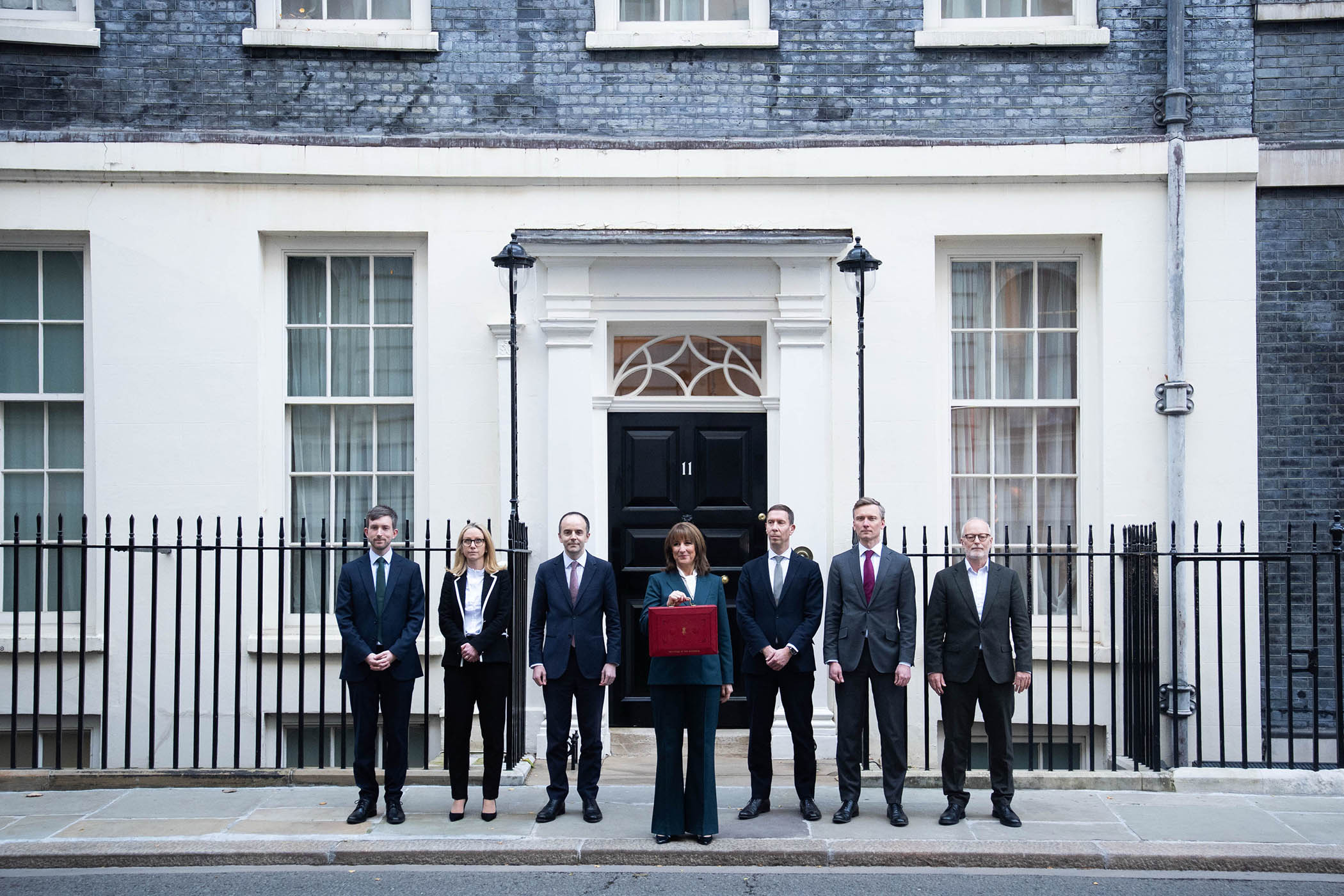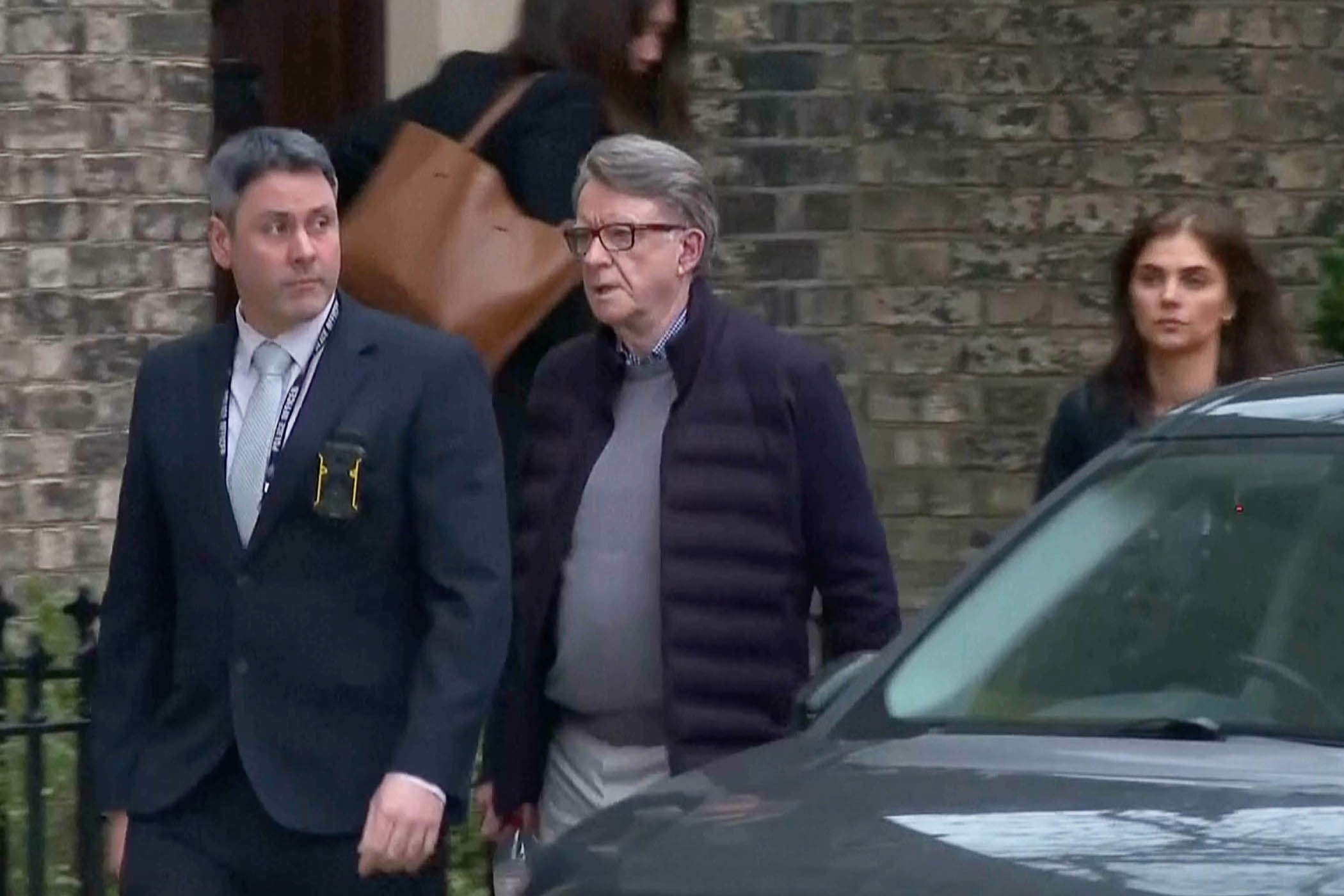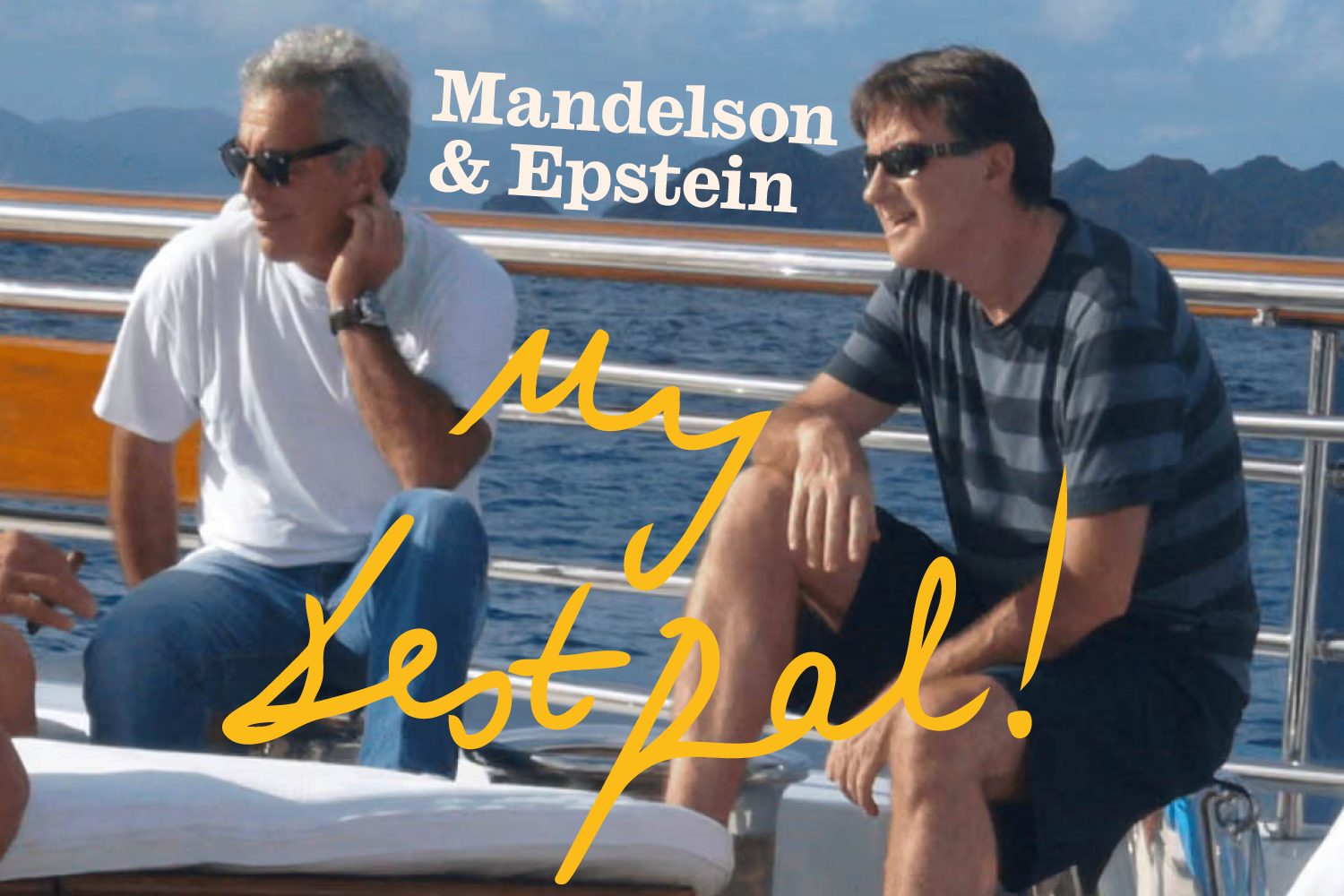Nothing to do with me
“It is my understanding that the Office for Budget Responsibility’s economic and financial outlook was released on their website before this statement. This is deeply disappointing and a serious error on their part. The Office of Budget Responsibility have already made a statement taking full responsibility for their breach.”
The transcript cannot do justice to the deep stress the chancellor placed on the word “their” in the penultimate sentence and then again in the final one. It was so deeply stressed it sounded as if a punishment were about to be meted out. There is a good book called Undelivered: The Never-Heard Speeches That Would Have Rewritten History, by Jeff Nussbaum, a former Joe Biden speechwriter. It includes Dwight Eisenhower’s apology for the failure of D-Day and Richard Nixon’s refusal to resign. Now there is a new category: the speech that wasn’t needed because all its contents had been read out in the pre-match analysis.
Bits and pieces
“I am asking everyone to make a contribution, but I can keep that contribution as low as possible because I will make further reforms to our tax system today to make it fairer, and to ensure the wealthiest contribute the most.”
In the end, the chancellor kept the promise not to increase the headline rate of income tax with some chicanery on thresholds. The abandonment of the big measure, though, made for a bitty budget and therefore, inevitably, a speech without much of a central thrust. The political consequence of a budget that is wide but thin is that lots of categories of people feel they have been singled out: savers, drivers of electric vehicles, landlords, company owners. There were two candidates for the main idea of this speech. The chancellor could have made more of the distinction between assets and income, between wealth and labour. She did mention it, but briefly, and without any rhetorical fanfare. The other option was growth...
A theory of growth
“Private investment is the lifeblood of economic growth, but growth needs public investment too. When faced with challenges, previous chancellors have chosen to decrease, delay or cancel capital spending, but low investment is the cause of our productivity problems, not the solution. So my choice is not cuts, not stagnation, but to maintain the additional £120bn of investment I provided at the spending review.”
Newsletters
Choose the newsletters you want to receive
View more
For information about how The Observer protects your data, read our Privacy Policy
Listening to the chancellor discuss economic growth is a bit like reading a French newspaper: you feel clever, miss every fourth word, get the gist of it but aren’t at all sure you quite know what is going on. Certainly, there is an assumption that private enterprise can benefit, in a way that is never quite specified, from the attention of government. Early in the speech, the chancellor announced funds to renovate Kirkaldy High Street. The two economic figures most associated with Kirkaldy are Adam Smith, whom Reeves rarely sounds like, and Gordon Brown, whom she often does. Investment versus cuts is the classic Brown line. But Brown without the gift of growth, sadly.
Cheer for children
“Because I am tackling fraud and error in our welfare system, because I am cracking down on tax avoidance, because I am reforming gambling taxation, I can announce today, fully costed and fully funded, the removal of the two-child limit in full from April.”
Gordon Brown himself rushed into print to commend the decision to remove the limit on child benefit for families with three or more children, and it received the only resounding cheer of the afternoon from the Labour benches, for which it was designed. Perhaps a government less beleaguered might not have done this, although it may also be that Reeves will look back on this measure as the one concrete thing she achieved.
One last thing…
“And, madam deputy speaker, one more thing. Because of our action on bills and on prices… the Office for Budget Responsibility confirm today that inflation is coming down faster… I have protected our NHS… and I have cut the cost of living… All while keeping every single one of our manifesto commitments.”
It is quite possible that these will be the chancellor’s last words in a budget. Unless some of the promises in this speech – growth, in particular – turn out to be true, there will be a reckoning before this time next year. This ending is a good summary of the only case the government will have to make, though. A better NHS and more money in your pocket. If it can say at least that, then at least it will have a chance.
Photograph by Kirsty O'Connor/HM Treasury



